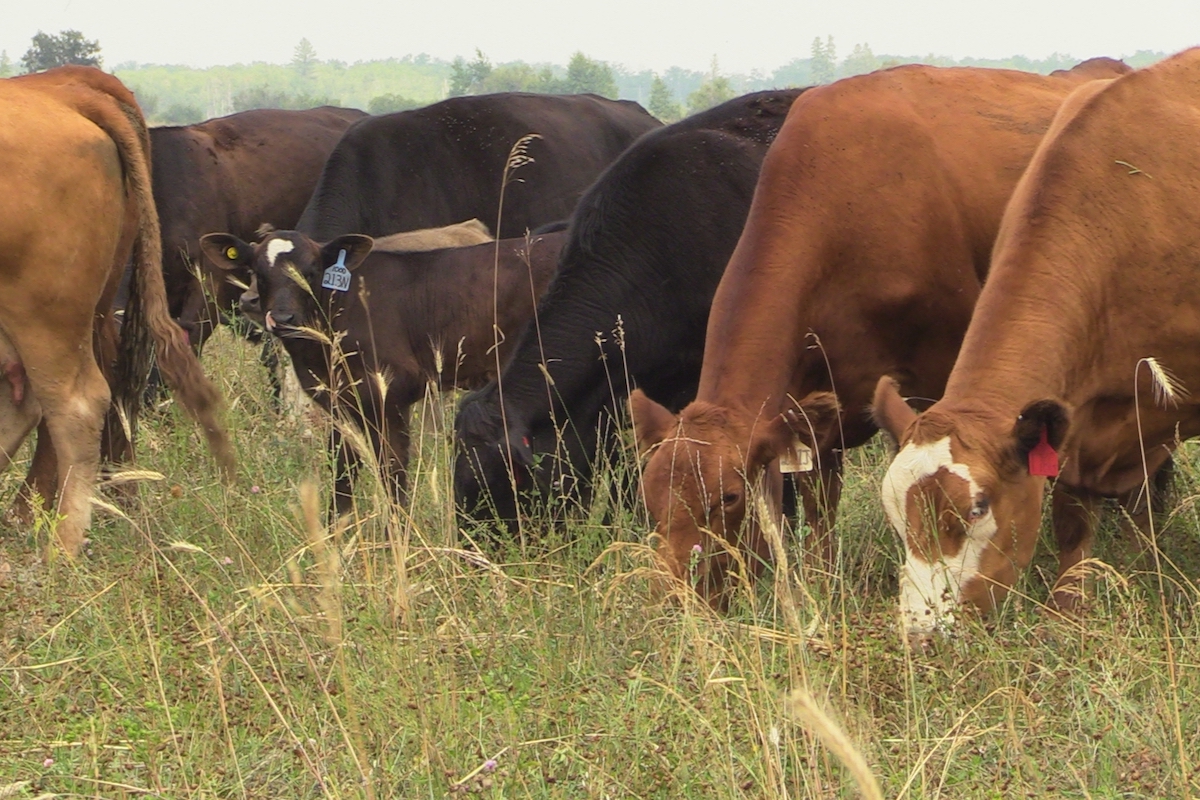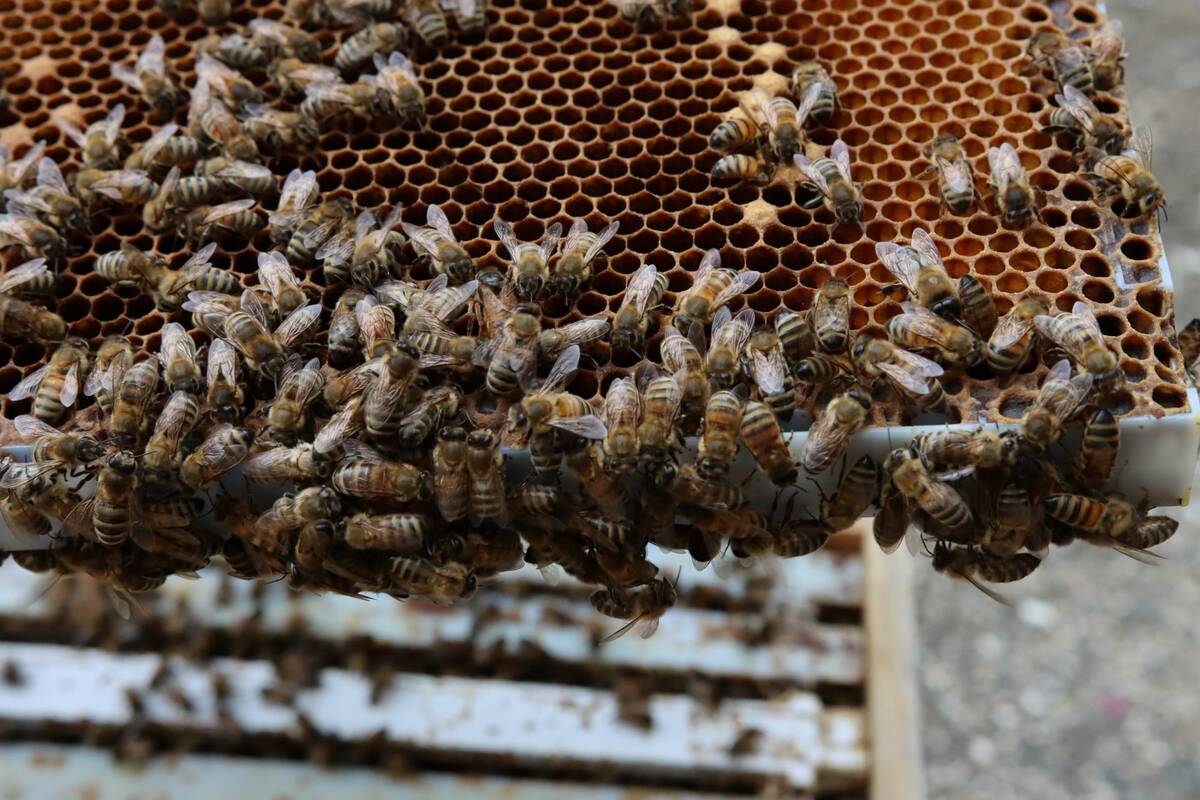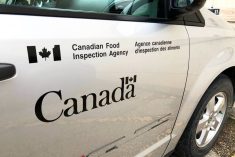The Canadian Food Inspection Agency (CFIA) has rejected a series of proposals that the bee industry hoped could reopen the door to bringing in packaged bees from the U.S.
In late 2024, the agency opened the door to potential risk mitigation suggestions, following a push from some corners of the beekeeping sector. While still contentious among honey producers, several beekeeping organizations had been pushing for the CFIA to again allow packaged bee imports from the U.S., citing significant winter losses, difficultly in sourcing replacement stock and new knowledge gained since the last official full risk assessment back in 2013.
Read Also

Beef industry weighs in on AAFC research cuts
The Canadian Cattle Association and Beef Cattle Research Council said cuts to federal research centres and programs will have long-term debilitating consequences for the beef industry.
U.S. packaged bees haven’t been allowed into Canada since the ’80s due to issues such as resistant American foulbrood, small hive beetle, varroa mites and Africanized genetics.
The CFIA’s consultation ended Jan. 31, 2025.
In a recent summary document, the CFIA said that, after analyzing the submitted risk mitigation proposals, the measures would be insufficient.
“The CFIA does not have a duty of care to protect the economic interests of stakeholders,” the document read. “The CFIA’s regulatory mandate under the Health of Animals Act and regulations is to help protect Canadian animal health, which includes the health of the Canadian honey bee population.”
Submissions included a suggested limited regional trade strategy, an evaluation of the impact on inter-provincial movement, a pilot project to import from Northern California, risk mitigation for all identified hazards, transport inspections upon entering Canada, using current import conditions of queens for the importation of packages and the utilization best management practices post-importation.
The CFIA’s comprehensive import risk analysis “clearly demonstrated scientifically” the risks the proposals presented, read the agency response, which is available on the CFIA website.
In several cases, the CFIA noted, proposals had to do with further research rather than active risk mitigation measures. Others, the agency dismissed as lacking in robust scientific backing or said they did not properly address the risk in question.
Glacier FarmMedia will be following up on this story in following weeks.
















